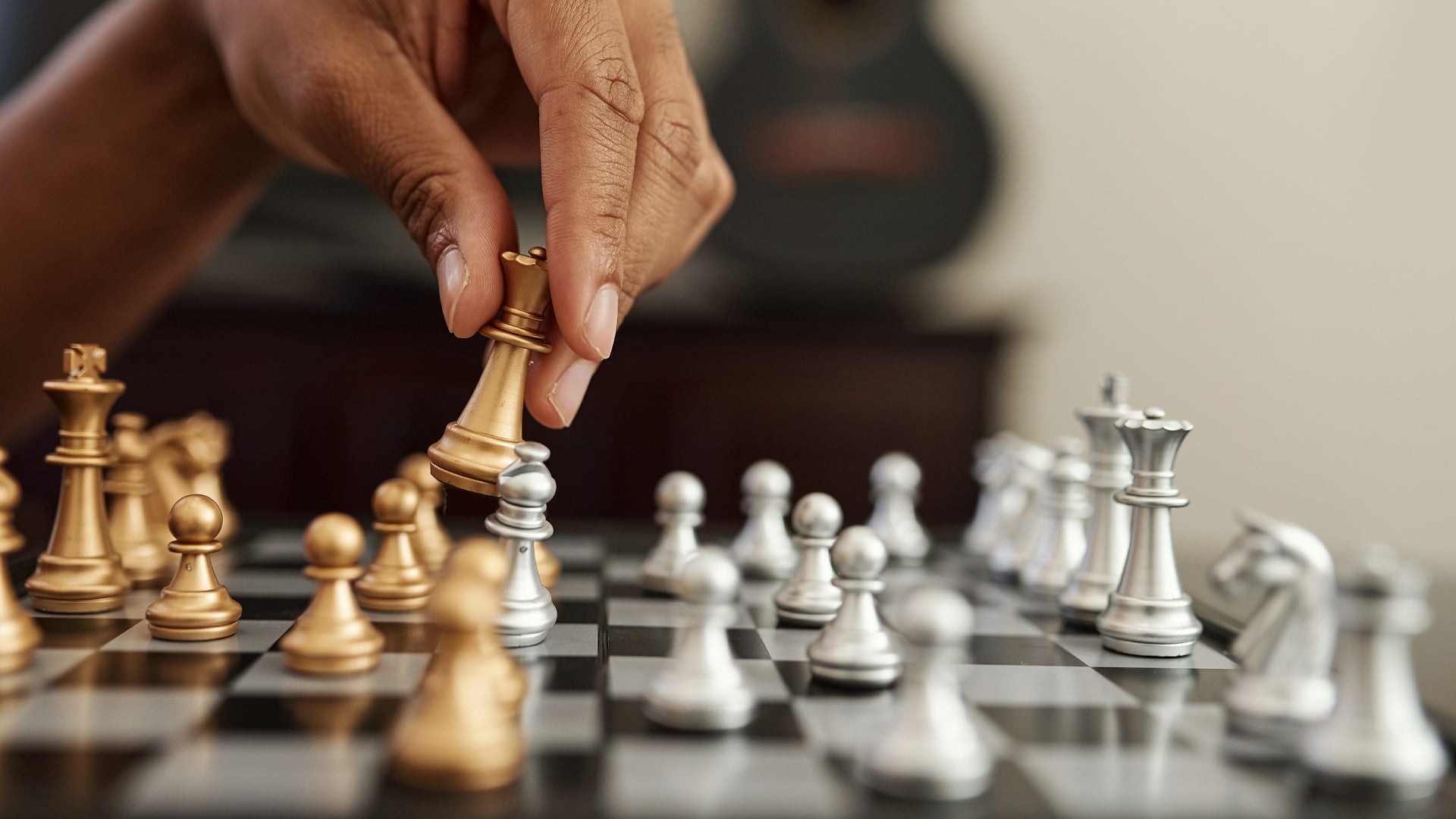
Attacking chess is a delight to watch and probably every player who watched such a masterpiece wished they could do the same in their games. But everybody is different and each player has their own style. There are players for whom the sense for wild positions comes naturally and they feel like a fish in the water in them and then there are players who feel more comfortable in quiet positions, where strategy and planning are the keywords.
If you find yourself in the latter category, I’ve got some good news for you! Attacking skills can be trained and it’s something you should definitely work on for a number of reasons:
1. Playing in Tough Positions Makes You a Better Player
First, and probably most important, is that it’s only by forcing yourself to solve and play through uncomfortable situations during your training session that you will see progress. It’s usually the parts of the game that you don’t like to train that you need most in order to get stronger.
2. Training = Performance in Attacking Chess
Needless to say, the more you train your attacking skills, the better you will perform in similar situations during a game. You will know how to approach a certain position, what to look for, and how to build your attack.
3. Borrowing Attacking Concepts from Top Players Will Make You a Better Attacker
Seeing many attacking games and learning from some of the best attackers in the world will not only help you do the same in your games but also get a better feeling for when your opponent is getting ready to launch his/her attack. A well-developed sense of danger is a skill that will allow you to foresee the perils of a position and start consolidating before it’s too late
4. Attacking Players Play Better under Pressure
Many players panic when under attack, start seeing ghosts, think their position is much worse than it actually is, and doesn’t put the best resistance. You’ve probably heard before that you should leave feelings outside the chessboard, but knowing if an attack is dangerous or correct will definitely help with this. Keep your cool and look for the best continuations.
5. Attacking Players Pick Attacking Openings
Our style of play is usually the one that dictates our repertoire. We choose the openings that we play in accordance with the type of positions we are comfortable with and try to avoid the ones we don’t like. By forcing yourself to become a universal player, you will learn to play different types of positions, maybe even expand your repertoire, get your opponents in the positions they don’t like, for a change.
6. Attacking Play Helps to Gain the Initiative
Working on your attacking skills will help you understand the importance of the initiative in chess. Not only that, but it will become easier for you to spot active moves and ideas and find ways to put pressure on your opponent.
7. Attacking Play Creates Tactical Shots
Active play and tactics go hand in hand, most of the time. You will inevitably come across many tactical shots while studying attacking games and you’ll be working on your tactical vision as well. Moreover, aggressive play will help you create more tactical opportunities during your games.
8. Attack and Calculation go Hand in Hand
Sacrifices are an important part of the attack – but they usually need to be well calculated! I’ve mentioned tactical vision before, but you’ll also be working a lot on your calculation skills – basically, you’ll gain something on almost every aspect of your game!
9. Attacking Play Develops Your Intuition
Not every sacrifice can be fully calculated and probably nobody showed this better than Tal. Intuition plays an important part in many situations and there’s only one way to improve it – you’ve guessed it – by analyzing many attacking games!
10.Attacking Play is Fun to Watch
Playing aggressively can be a lot of fun and you might end up playing many entertaining games. And that’s not all – complications can be a headache, but they’re also the reason why many games end under 30 moves!
Don’t forget to leave your valuable comment on the same!